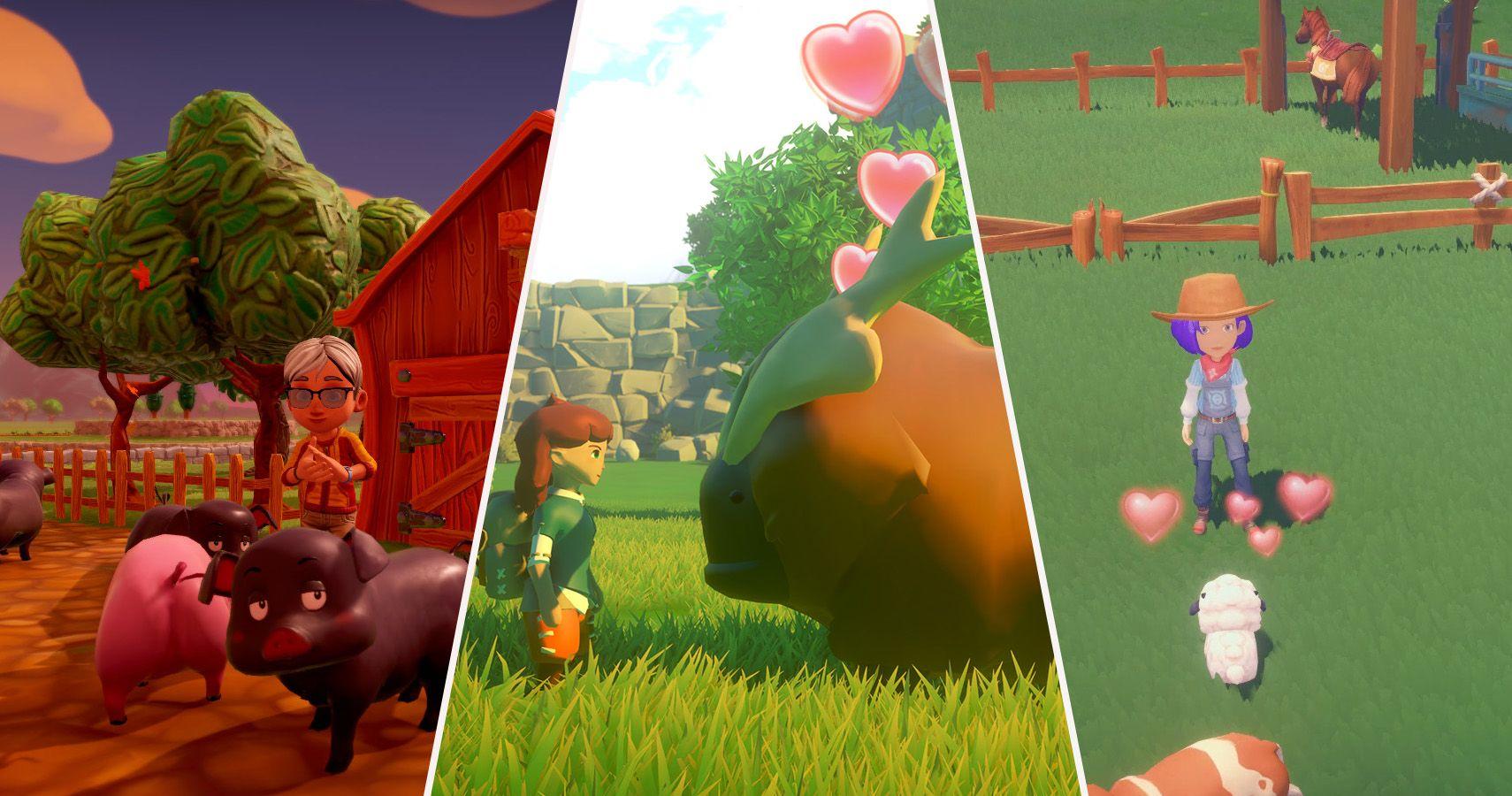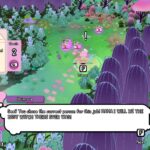As the sun rises over the quaint fields and bustling town squares of the Harvest Moon series’ spiritual successor, Story of Seasons, fans worldwide are transported to a world of simple joys and rustic charm. Yet, amidst the warmth and familiarity of the series, a lesser-known gem was once overlooked, waiting for its chance to shine. The game in question is a long-forgotten favourite, relegated to the back of the player’s mind like a treasured book left on a shelf. Until now. Wada Daichi, the head of Story of Seasons, embarked on a mission to revive and reimagine this obscure title, infusing it with a fresh spirit while retaining its original magic. ‘It’s Nothing Like A Port,’ a mantra echoed throughout the remake’s development, became a guiding principle for Wada-san and his team as they delved into the remake process. In this article, we explore the fascinating tale of remaking a forgotten classic and uncover the story behind the rebirth of a game that is, indeed, nothing like its original form.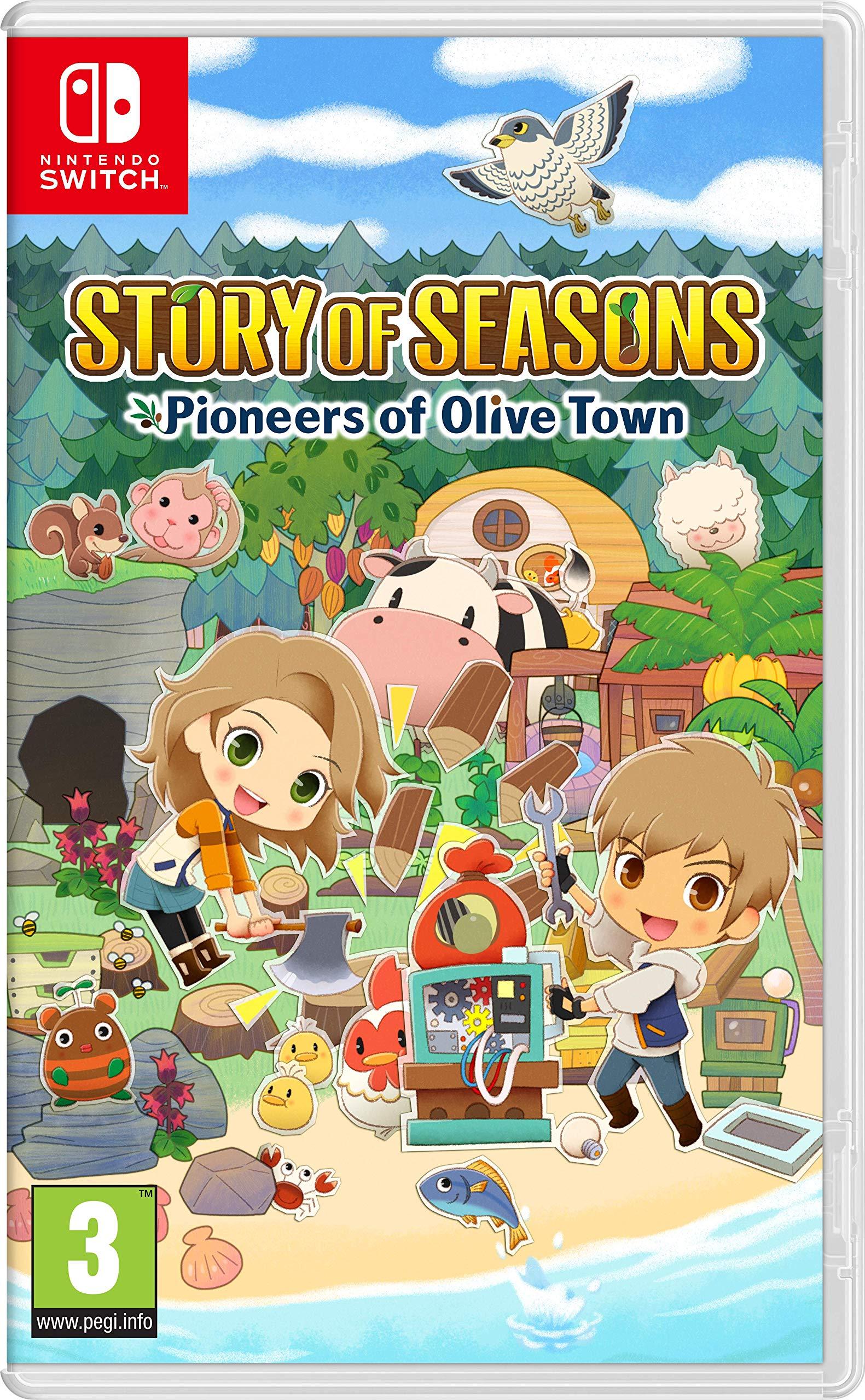
A Fond Memories of Harvest Moons Spinoff
A Harvest Moon spinoff often overlooked in favour of its more popular counterparts is Haydia, released in 2000 for the Nintendo 64. This unique spin on the classic farming simulation series has retained a special place in the hearts of some fans, including Story of Seasons head, Danita Oi.
A Memorable Foray
Oi reminisces fondly about the various activities available in the title, which departed from the traditional Harvest Moon format by allowing players to create their own character, with specific skills and personalities. This change is reminiscent of the currently popular RPG format. Some memorable aspects of Haydia include:
- Exploring mysterious mines in search of precious minerals and gems
- Creating and maintaining a successful farm despite harsh seasonal conditions
-
Befriending and socializing with the village’s quirky, individual characters
Oi also hints at an eventual remake of Haydia, suggesting new features may include:
| Feature | Description |
|---|---|
| Enhanced Customisation Options | Players will have greater freedom to create a protagonist tailored to their unique preferences. |
| Crafting System Overhaul | The updated crafting system will enable the creation of intricate items and equipment. |
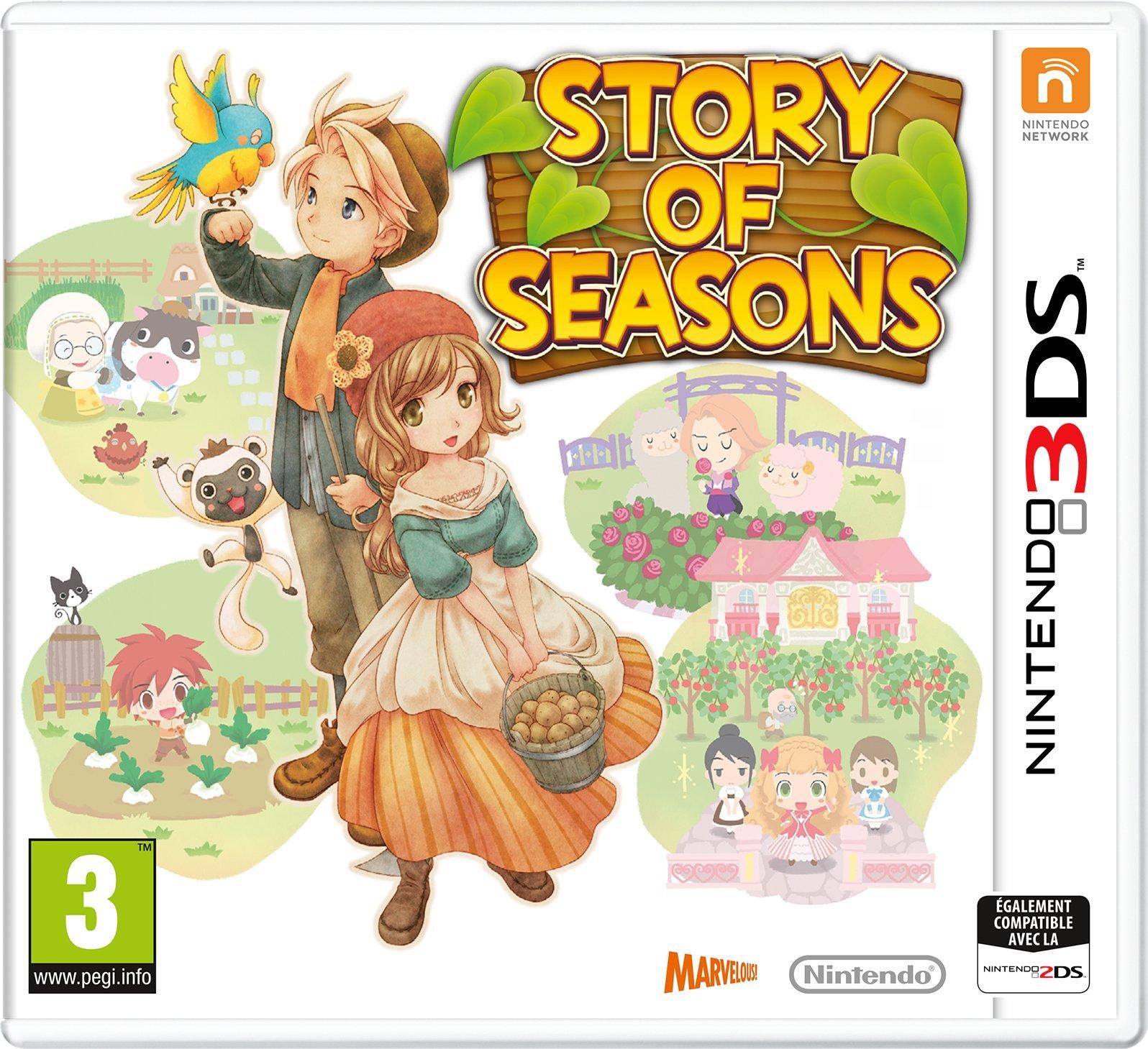
Remaking A Lesser Known Gem Years Later
Reimagining a classic gem years after its initial release can be a daunting task, but for the Story of Seasons team, it’s an opportunity to breathe new life into a beloved title. Take a look at some key factors that are considered when deciding whether to remake a lesser-known game.
- : Modernizing the characters to resonate with current audiences while staying true to their original charm.
- : Striking a balance between updating gameplay to modern standards and maintaining the core nostalgic experience.
- : Upgrading graphics and cinematics to create an immersive experience that rivals current releases.
When weighing the benefits and drawbacks of remaking a lesser-known game, the team must also consider the potential impact on both old and new fans. One side of the debate is presented in the table below:
| Argument For Remaking | Argument Against Remaking |
|---|---|
| The remake can introduce the game to a whole new audience, giving it a fresh breath of life. | Modern audiences may be unfamiliar with the original, leading to low sales and interest. |
| Updating gameplay and visuals can attract old fans who had hoped to see improvements. | The remake may alienate old fans who dislike changes made to the original. |
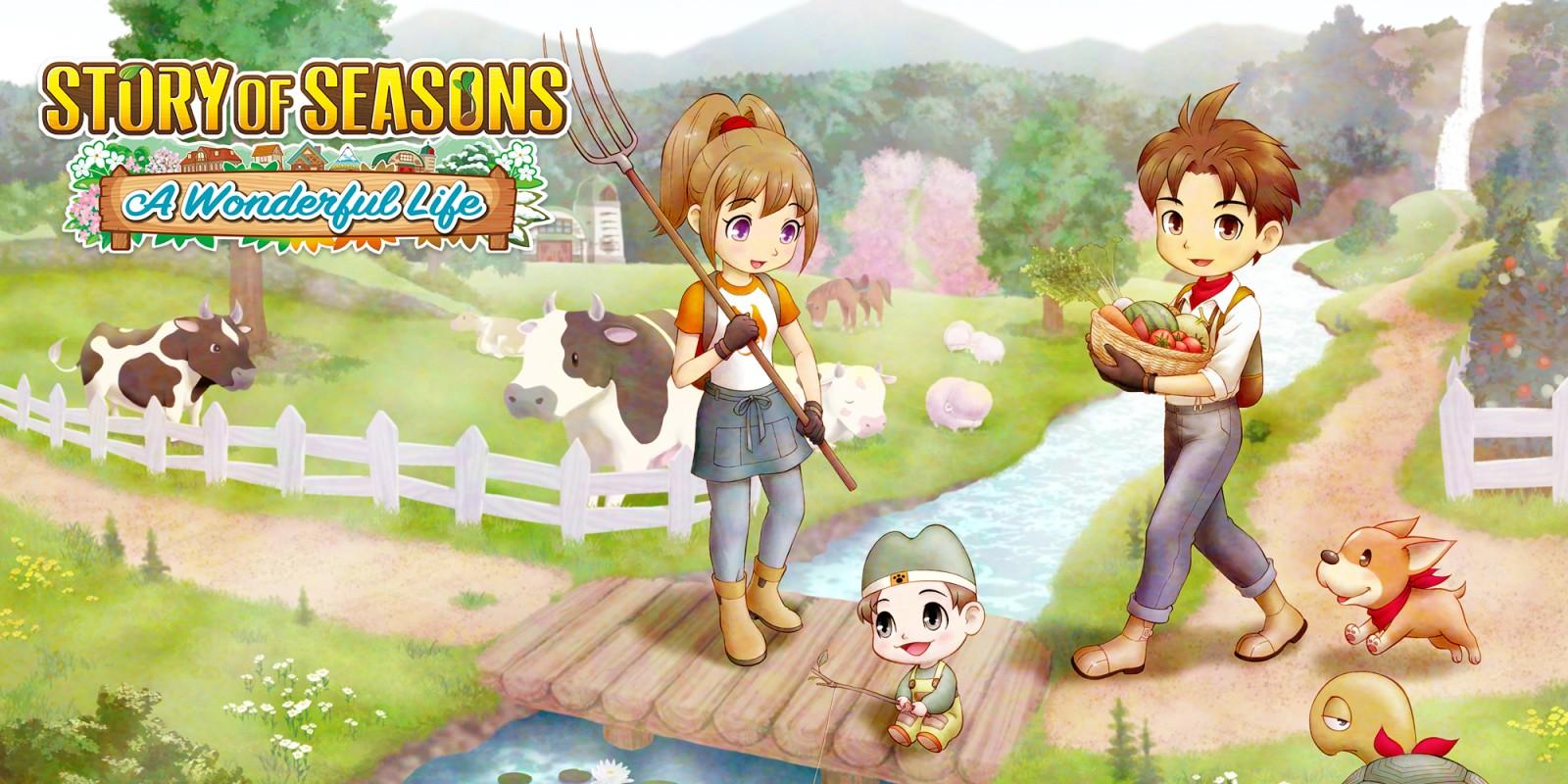
The Challenges of Reviving the Xseed Games Titles
The task of reviving the Xseed Games titles can be quite daunting, as it involves not only revamping the game’s mechanics and graphics but also ensuring that the original charm and essence remain intact.
Principal Obstacles:
• Licensing and Copyright Issues: Obtaining the necessary permissions and licenses to re-release a game can be a lengthy and arduous process.
• Technical Compatibility: Adapting the game to work on modern platforms, with varying system requirements and architectures, can be a significant hurdle.
• Balancing Originality and Modernization: The developers must strike a delicate balance between staying true to the original game while incorporating modern features and improvements that contemporary gamers expect.
| Aspect | Original Release | Remake |
| — | — | — |
| Graphics | 2D Pixel Art | 3D Graphics with updated textures |
| Soundtrack | 8-Bit Chiptune | Remastered with additional tracks |
| Gameplay Mechanics | Simplified controls | Streamlined controls with additional features |
Moreover, the Story of Seasons series has traditionally been known for its wholesome, light-hearted atmosphere, and any remake must maintain this delicate balance while avoiding feeling outdated or too simplistic for modern gamers. By acknowledging these challenges, the development team can better navigate the complex process of remaking a beloved classic and create a modern gaming experience that appeals to both new and old fans alike.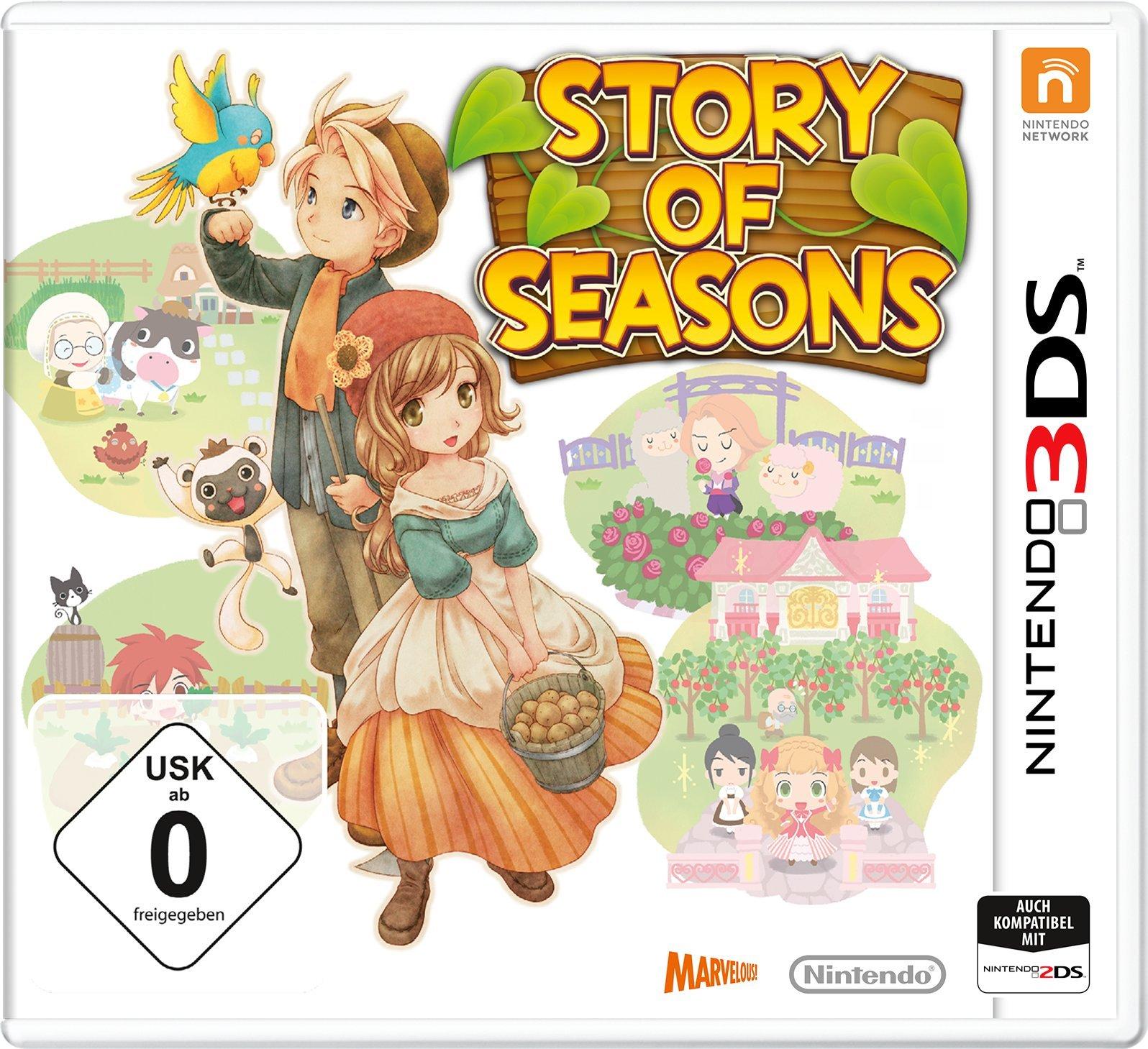
Story of Seasons Teams Take on Remake and Reboot
Bringing Back a Fan Favourite
The Story of Seasons team is taking on an exciting new project: a remake of one of the series’ lesser-known titles. In a recent interview, the head of the team shared their vision for the remake, emphasizing that it’s not just a simple port of the original game. Instead, they’re aiming to create a completely new experience that stays true to the spirit of the original while incorporating modern gameplay mechanics and features. Some of the key features of the remake include:
- Improved Graphics: The game will feature all-new 3D graphics, bringing the charming world and characters to life in a way that was previously impossible.
- Enhanced Gameplay: The team is working to streamline the gameplay experience, making it easier for new players to jump in while still providing a challenge for veterans of the series.
- New Characters and Storylines: The remake will introduce new characters and storylines, adding depth and complexity to the game’s world and narrative.
A Reboot with a Twist
In addition to the remake, the Story of Seasons team is also working on a reboot of the series. But this won’t be a traditional reboot – instead, the team is taking a fresh approach that blends elements of the original game with new ideas and mechanics. Some of the key differences between the original and the reboot include:
| Original | Reboot |
|---|---|
| Traditional farming simulation | Action-RPG elements and a greater emphasis on exploration |
| Linear storyline | Branched narrative with multiple endings |
| Simple character customization | Deep character creation and customization options |
By taking risks and trying new things, the Story of Seasons team is working to create a unique gaming experience that will appeal to both old and new fans of the series.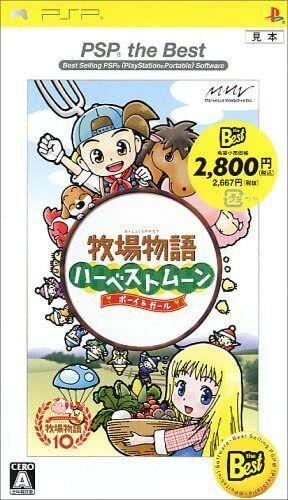
Deeper Look at the Bokujou Monogatari series History
The Bokujou Monogatari series, which translates to ‘Ranch Story’ in English, has its roots dating back to 1997 with the release of Harvest Moon in North America. However, the birth of the series began in 1996 when Yasuhiro Wada, the father of the series, was inspired by his childhood dream of living a simple life in the countryside and created ‘Bokujou Monogatari’ in Japan. This led to a global phenomenon, catching the hearts of gamers worldwide.
The original ‘Bokujou Monogatari’ in Japan was released in 1996 for the Super Nintendo Entertainment System console, and eventually, the series evolved and branched out into different consoles and handheld devices.
Some key titles in the Bokujou Monogatari series are listed below:
- Bokujou Monogatari (1996)
- Bokujou Monogatari GB (1997)
- Bokujou Monogatari 2 (1997)
- Bokujou Monogatari GB2 (1999)
- Story of Seasons (2014)
| Year | Release Platform |
|---|---|
| 1996 | Super Nintendo Entertainment System (SNES) |
| 1997 | Game Boy |
| 1997 | Nintendo 64 |
| 1999 | Game Boy |
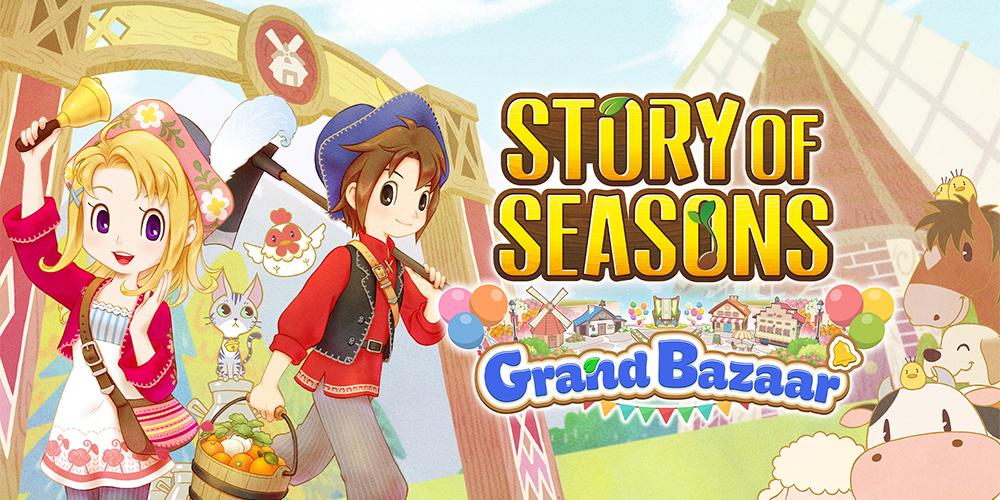
Learning from Past Successes in Spinoffs Development
When remaking a lesser-known favourite like Harvest Moon spinoff Rune Factory, analyzing past successes can help in the development process. The success of the original Rune Factory and other games in the series can serve as a blueprint for the remake. Certain elements that contributed to the original’s success, such as the unique blend of farming and action-RPG combat, should be revisited and refined.
By examining what worked in the original, the developers can avoid past mistakes and implement new strategies to improve the overall gaming experience. For instance:
- Incorporating modern features and mechanics to appeal to both new and old fans
- Enhancing character development and storytelling
- Expanding gameplay options, such as new farming techniques and magic abilities
A comparison of the original game’s story structure and character development with the new version can provide valuable insights into the development process:
| Story Element | Original Game | New Version |
|---|---|---|
| Main Character’s Backstory | Basic, with limited character customization | More detailed, with multiple player choices |
| Supporting Characters | Some receive basic development | All receive significant development and storylines |
The Art of Transforming an Old Game for New Generation
When it comes to remaking a classic, it’s essential to strike a delicate balance between staying faithful to the original and catering to the tastes of a new generation. Artistic vision, technical prowess, and cultural sensitivity all come into play as developers strive to breathe new life into a beloved title.
For instance, the team behind the reimagining of a lesser-known favorite like Bokujō Monogatari, might begin by pinpointing the key elements that made the original so endearing, and then assessing which aspects require an update to make the game feel fresh and exciting for today’s players. A remake’s success hinges on this ability to discern what can be preserved and what needs to be reimagined.
| Key Considerations for Remakes | Developer Strategy |
|---|---|
| Preserving the original’s charm | Rewrite the storylines to maintain core themes but introduce unexpected twists |
| Appealing to both old and new fans | Enhance graphics, include nostalgic Easter eggs, and incorporate modern gameplay mechanics |
| Modernizing gameplay mechanics | Streamline the user interface, and expand character customization options |
Future Outlook
As the sun sets on our conversation with the Story of Seasons’ head, the true essence of remaking ‘It’s Nothing Like a Port’ lingers, painting a vivid picture of a labor of love. The journey to revive this lesser-known favorite is a testament to the power of nostalgia, tempered by innovation and a deep understanding of what makes a game truly beloved. The boundaries between past and present blur, allowing this cherished title to blossom anew, infused with the delicate balance of tradition and modernity. As fans eagerly await the remake’s release, one thing is clear – ‘It’s Nothing Like a Port’ is more than just a reimagining, it’s a love letter to those who cherished it before, and an invitation for newcomers to discover its undeniable charm.




